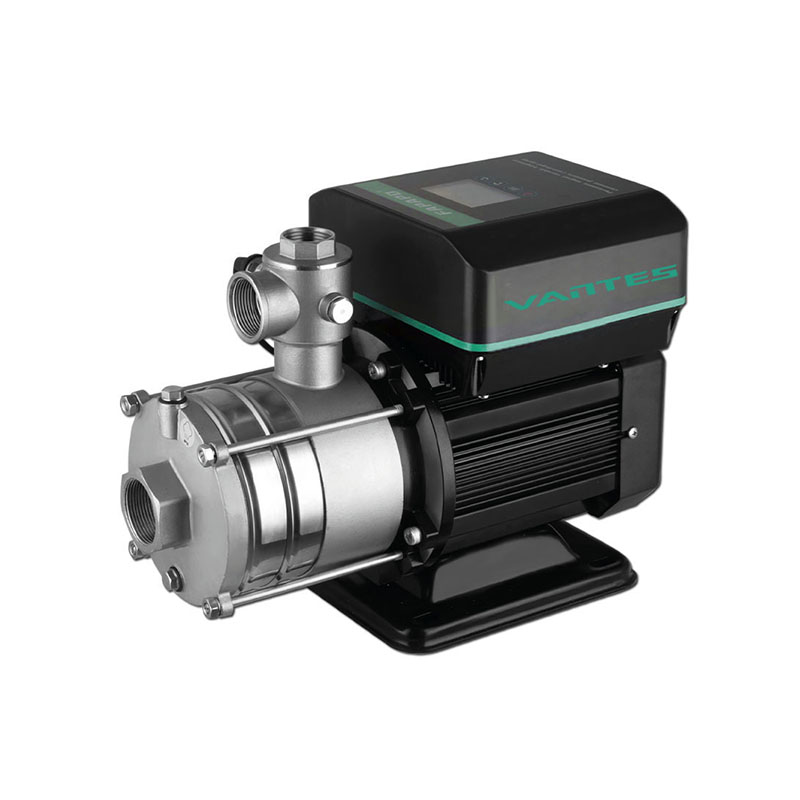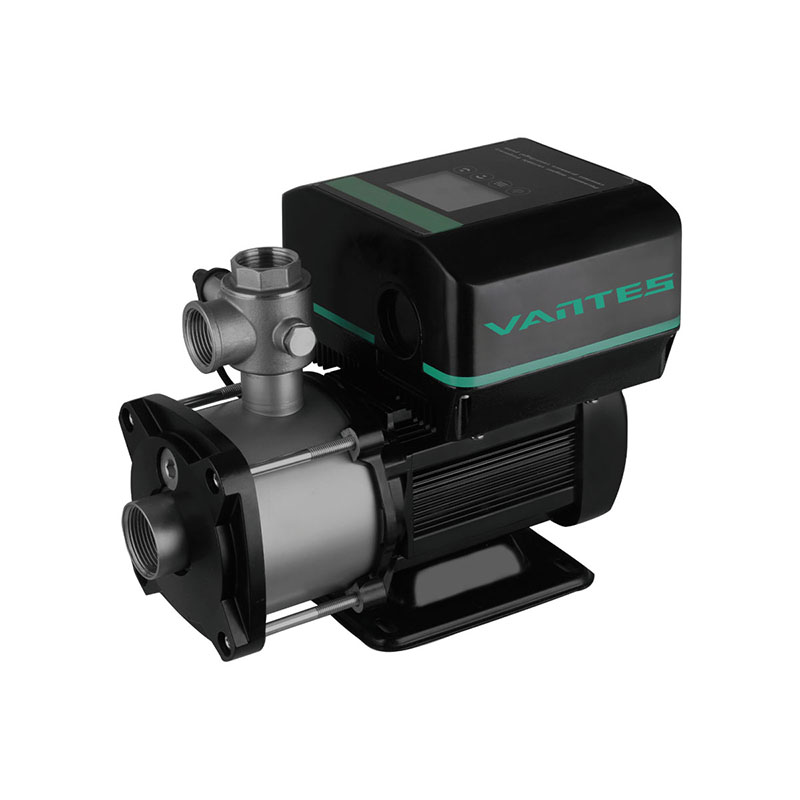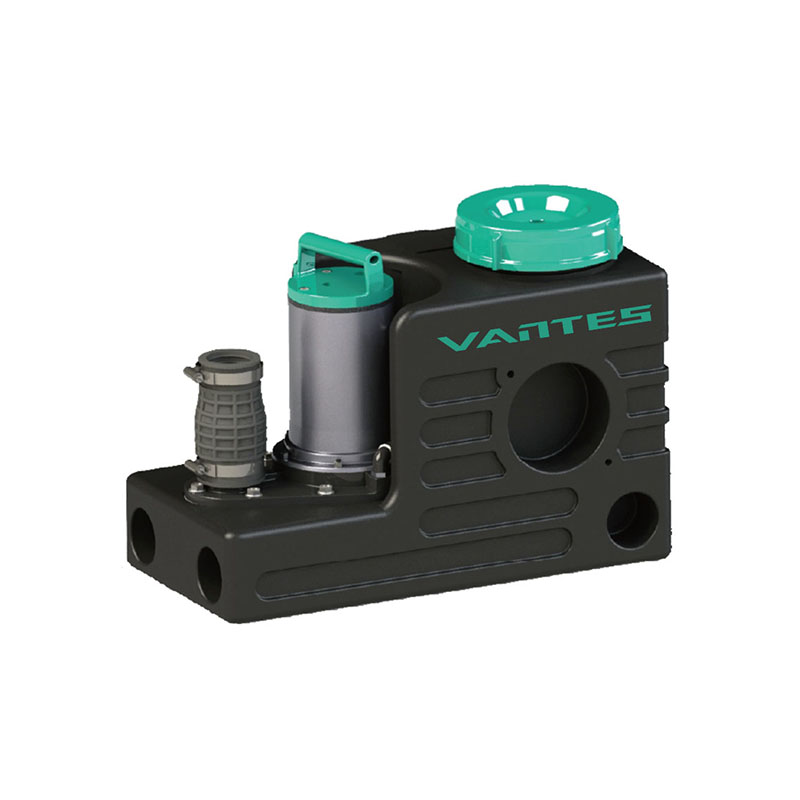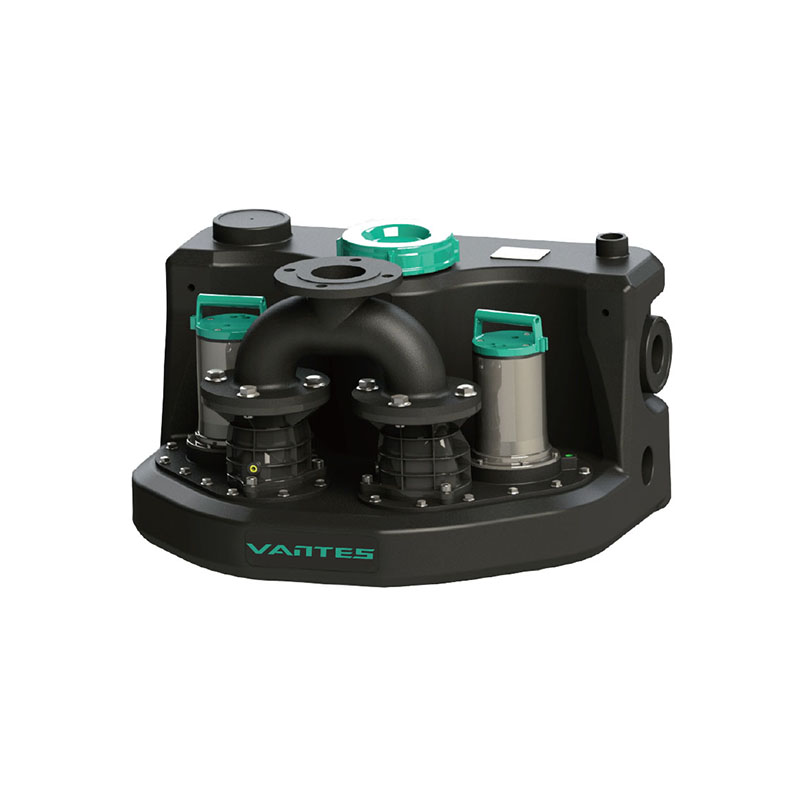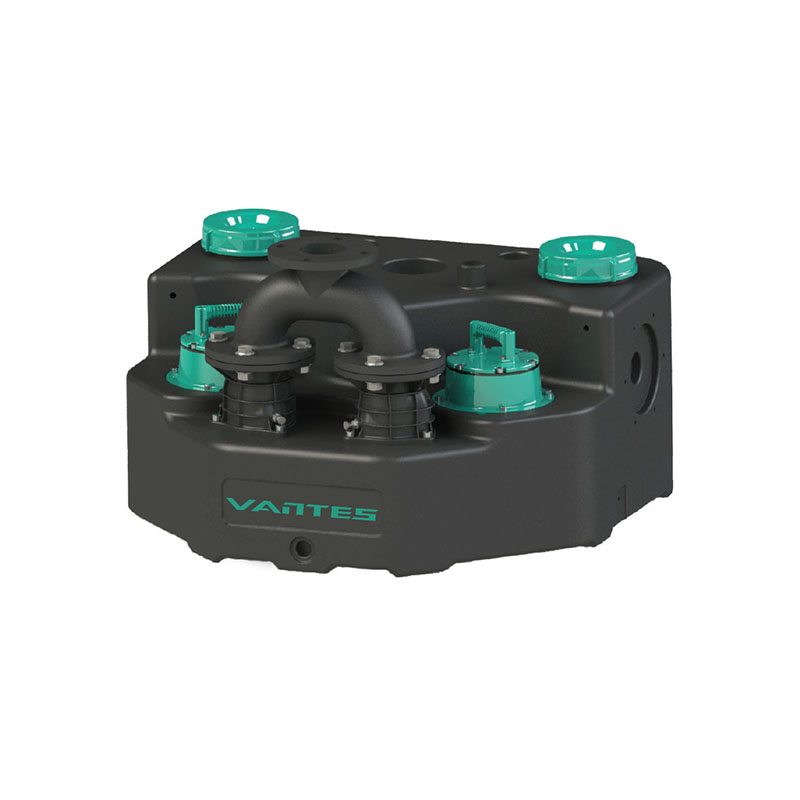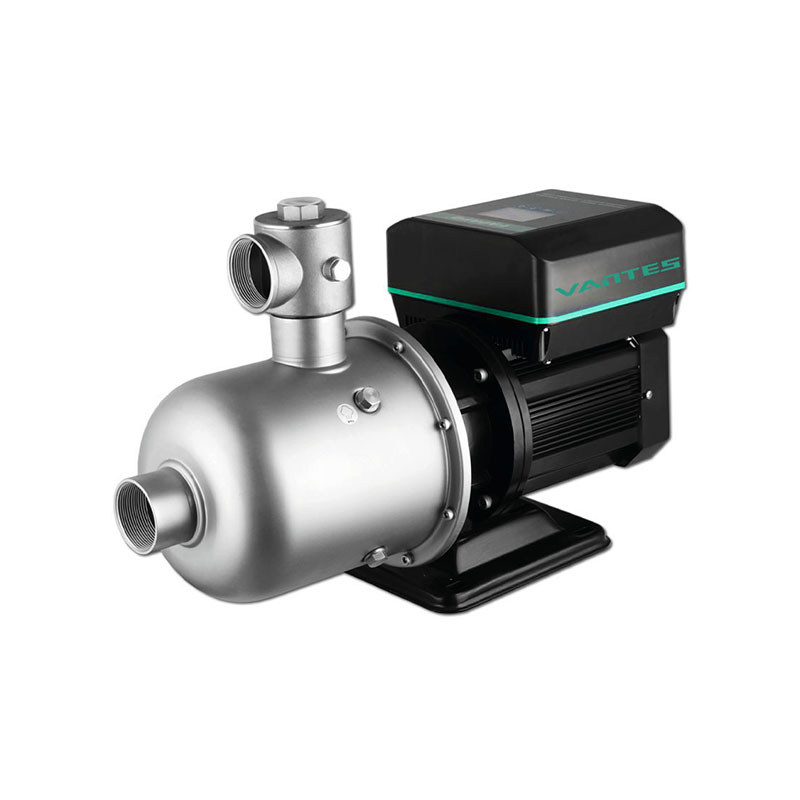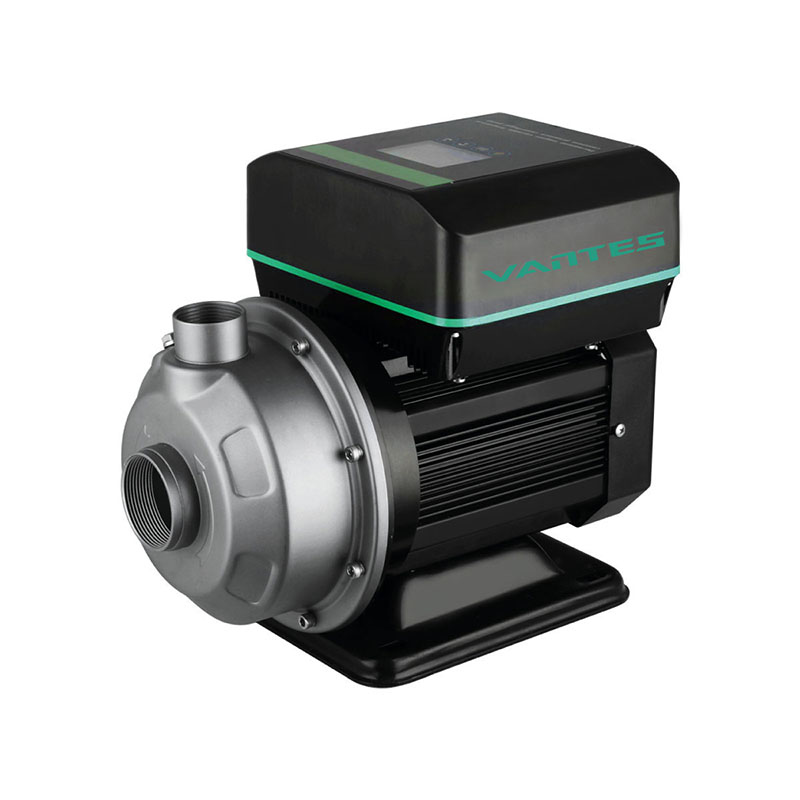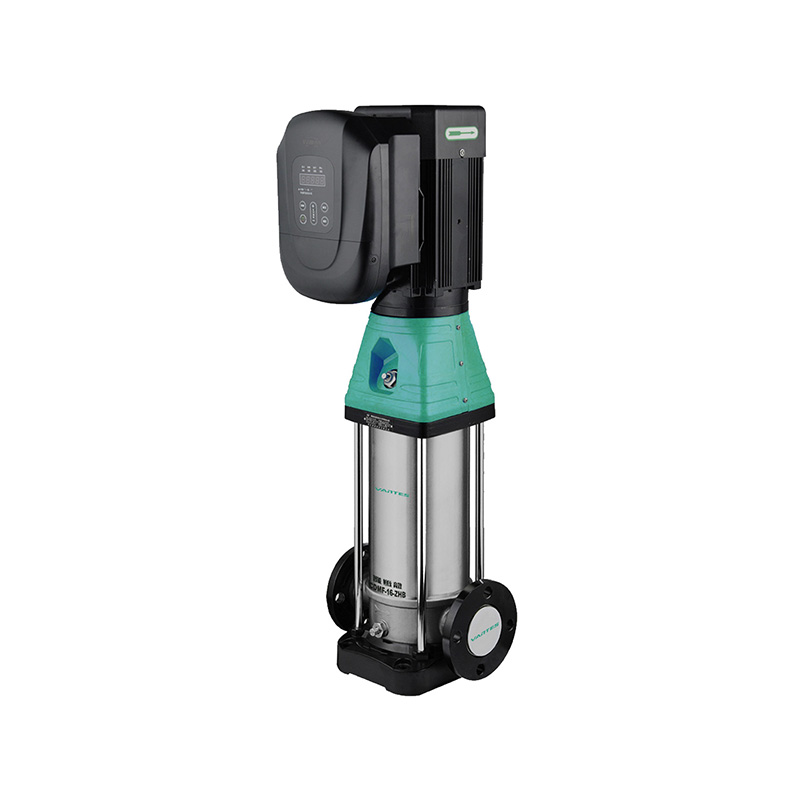In today’s fast-paced industrial world, the demand for efficiency, reliability, and cost-effectiveness is greater than ever. Industries worldwide are focusing on reducing energy consumption, improving operational efficiency, and minimizing downtime. One of the key technologies that is helping to meet these goals is the Automatic Centrifugal Pump. These pumps combine the proven technology of centrifugal pumps with automatic control features that optimize performance, making them an essential solution in a variety of industrial applications.
Understanding Automatic Centrifugal Pumps
An Automatic Centrifugal Pump is a type of centrifugal pump equipped with an automatic control system. Unlike traditional centrifugal pumps, which operate at a constant speed and require manual intervention for adjustments, automatic centrifugal pumps are designed to adjust their performance based on real-time demands. These pumps utilize sensors, controllers, and feedback mechanisms to monitor parameters such as pressure, flow, and temperature. When changes occur in the system, the pump automatically adjusts its operation to maintain optimal performance without human intervention.
The key advantage of an automatic centrifugal pump is its ability to respond dynamically to varying conditions. Whether it’s adjusting flow rates in a fluid handling system, maintaining consistent pressure in a water supply network, or optimizing the operation of a HVAC system, automatic centrifugal pumps provide better control and reliability compared to traditional pumps.
Key Advantages of Automatic Centrifugal Pumps
Energy Efficiency: One of the primary benefits of Automatic Centrifugal Pumps is their ability to optimize energy consumption. Traditional pumps often run at full speed regardless of the actual demand, leading to energy wastage during periods of low demand. Automatic pumps, on the other hand, adjust their speed and power consumption based on real-time feedback from the system. By running only at the required capacity, these pumps can significantly reduce energy costs, making them a highly energy-efficient solution for industrial operations.
Reduced Maintenance Costs: The automatic nature of these pumps also leads to reduced wear and tear on the equipment. Because they adjust their operation to match system requirements, they experience less strain and less mechanical stress than traditional pumps that are always running at full speed. This reduction in mechanical stress leads to longer service life for the pump components and less frequent need for maintenance or repairs. Over time, this can result in significant cost savings for businesses.
Improved Process Control: Many industrial processes require precise control of flow, pressure, and temperature. Automatic Centrifugal Pumps provide enhanced control by constantly monitoring and adjusting these parameters. This is especially important in industries such as chemical processing, water treatment, and HVAC systems, where even small deviations in flow or pressure can have serious consequences. With an automatic pump, businesses can ensure that their processes run smoothly and within optimal operating conditions, improving overall efficiency and product quality.
Enhanced System Reliability: Traditional centrifugal pumps are more prone to failure because they lack the ability to adjust to changing conditions. Automatic centrifugal pumps, however, are designed to continuously monitor the system and make real-time adjustments. This constant monitoring and adaptive control help to prevent problems such as cavitation, dry running, or over-pressurization, which can cause damage to pumps and other system components. By maintaining the system within safe operating parameters, automatic pumps enhance the overall reliability of the entire system.
Cost-Effective Operation: While automatic centrifugal pumps can have a higher initial cost than traditional pumps, the savings they provide in terms of energy, maintenance, and downtime can make them a more cost-effective solution in the long run. By optimizing performance and reducing the likelihood of system failures, automatic pumps offer a solid return on investment. In sectors where uptime and efficiency are critical, such as in food processing, water treatment, and manufacturing, the cost benefits of automatic centrifugal pumps can be substantial.
